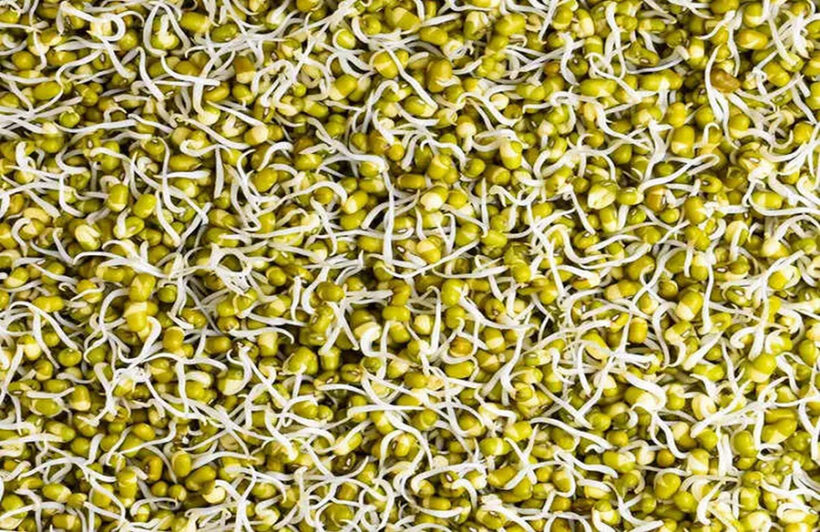Introduction
In the realm of healthy eating, sprouts have garnered significant attention due to their impressive nutritional profile and numerous health benefits. Beyond being flavorful additions to various dishes, sprouts represent a living food source rich in essential vitamins, minerals, and enzymes. This article explores the world of sprouts, including their definition, nutritional value, health benefits, culinary versatility, types, purchasing and storage guidelines, precautions, and potential side effects.
What Are Sprouts?
Sprouts are young plants that emerge from the seeds of diverse vegetables, grains, or legumes when exposed to optimal conditions of moisture, warmth, and light. Typically consumed within days of germination, sprouts offer a spectrum of health benefits. Common sprouted seeds include mung beans, lentils, chickpeas, alfalfa, radishes, and broccoli.
Nutritional Value
Sprouts are nutrient powerhouses, with their nutrient content significantly increasing during the sprouting process. They are rich in vitamins like C and K, minerals such as iron and potassium, and dietary fiber. Notably, sprouts boast a high enzyme content, facilitating digestion and nutrient absorption.
Health Benefits
- High Nutrient Density: Sprouts provide a concentrated source of vitamins, minerals, and antioxidants, enhancing overall nutritional intake.
- Digestive Health: Enzymes in sprouts support digestion and alleviate gastrointestinal discomfort.
- Weight Management: Low in calories and high in fiber, sprouts promote satiety and aid in weight management.
- Heart Health: Compounds found in sprouts may contribute to lower cholesterol levels and improved cardiovascular health.
- Antioxidant Properties: The antioxidants in sprouts combat oxidative stress, reducing the risk of chronic diseases.
Culinary Uses
Versatile in culinary applications, sprouts add crunch, freshness, and nutrition to salads, sandwiches, wraps, stir-fries, smoothies, soups, and curries.
Types of Sprouts
- Mung Bean Sprouts: Crisp and mild, commonly used in Asian cuisine.
- Alfalfa Sprouts: Delicate and nutty, ideal for salads and sandwiches.
- Broccoli Sprouts: Rich in sulforaphane, offering potential cancer-fighting benefits.
- Radish Sprouts: Spicy with a zesty kick, enhancing various dishes.
Buying and Storing Tips
Select fresh and crisp sprouts, free from signs of spoilage, and store them in airtight containers in the refrigerator. Be vigilant for any unusual odors indicating spoilage.
Precautions and Potential Side Effects
While sprouts offer numerous health benefits, they are susceptible to contamination with harmful bacteria like E. coli and Salmonella. To mitigate risks, purchase from reputable sources, rinse thoroughly before consumption, and consider cooking sprouts, especially for vulnerable individuals.










